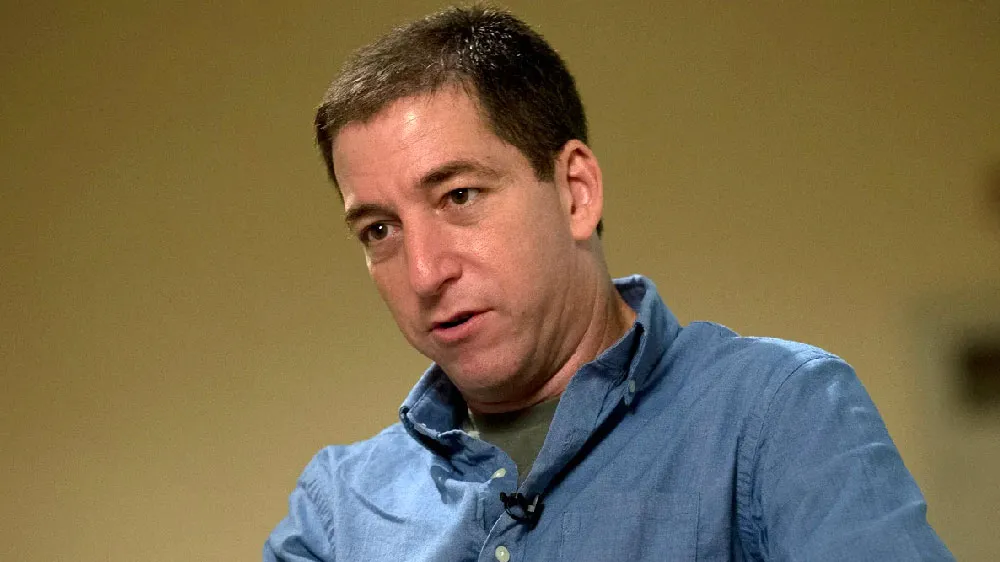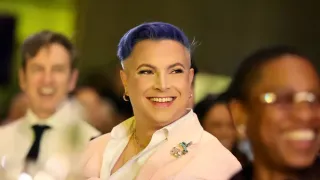February 5, 2015
Book Offers Info on Establishing Family Values
Michael Cox READ TIME: 4 MIN.
"The Opposite of Spoiled: Raising Kids Who Are Grounded, Generous, and Smart About Money" (Harper), by Ron Lieber
Money can be a touchy subject for people of all income levels, but a new book on the importance of teaching kids to handle their finances suggests parents stop avoiding the topic and start talking turkey.
"The Opposite of Spoiled: Raising Kids Who Are Grounded, Generous, and Smart About Money" by Ron Lieber is flush with practical ways to incorporate money lessons into family life. Its goal is to start a dialogue with kids that focuses less on dollars and cents, and more on values.
Lieber, a personal finance columnist for The New York Times, researched his subject well and uses an effective combination of professional advice - from psychologists, sociologists and finance experts - and anecdotes from families across the country. While he says the book is aimed at those making at least $75,000 a year with money to spend on kids, there's guidance for people on every earning level.
Lieber defines socio-economic classes and addresses privilege throughout the book, reflecting an awareness and sensitivity to people with different backgrounds and views on how families manage money.
His style is conversational and frank, with a sense of humor. He often refers to his own parenting experiences, creating intimacy with readers and making him a trustworthy guide through some complicated issues. He knows how to connect to people, getting them to share private details, and reports without judgment. What could be boring finance issues are easy to understand and relatable.
Some of the book's unconventional recommendations may surprise parents, like answering salary questions honestly and not tying household chores to allowance. Parents who fear that talking with kids about money leads to spoiled children may be denying them a map to navigate important decisions later on.
Lieber says it's "lunacy" to expect a teenager who's probably never bought anything more expensive than a bike to make one of the biggest financial decisions of his life when choosing a college, if financial aid is involved. The book's goal is to lay a framework for kids to start dealing with the dough when they're younger so they develop good habits before finances get more complex with student loans, retirement plans and insurance policies in their 20s and beyond.
When explaining money decisions, Lieber suggests distinguishing "wants" and "needs." If kids understand the difference, it becomes easier and more rewarding to save for coveted things. Guiding kids to separate money into spend, save and give away piles isn't new, but Lieber delves deeper into how to help kids appreciate those choices, which often require patience and restraint and build character.
The chapters on allowance and working are must-reads for parents. It's important to give older kids responsibilities and chores so they learn to contribute to the family, build stamina and develop a positive work ethic, Lieber says.
Several inspiring stories illustrate the importance of teaching children that there's more to giving than donating money to a favorite cause. Parents should celebrate children's generous spirits and lead by example. Participate in philanthropic activities, and follow up with conversations about how it feels to share your time and money, he says. He even encourages giving money to the homeless guy on the street - whether you think he'll make good use of it or not - because it raises awareness and teaches compassion and empathy.
The book offers solutions for dealing with competition among kids regarding birthday gifts, designer clothing and luxury vacations. Lieber turned to Facebook to determine the Tooth Fairy's going rate and marveled at the insane amounts ($20-$50) some parents dish out per tooth. He offers alternatives to parents seeking a more meaningful celebration than a crisp bill under the pillow.
Lieber wants to start a conversation about values, and provides useful answers for the inevitable question, "Are we rich or poor?" saying each family has to determine what rich means to them. It can be measured by good health, religious faith, a big family, great schools and even a safe place to play.
It's rare to find a book about finance with so much heart, but Lieber's bottom line is to invest in our kids' futures by being honest and aware of our relationship with money: "There's no shame in having more or less, as long as you're grateful for what you have, share it generously with others, and spend it wisely on the things that make you happiest."






